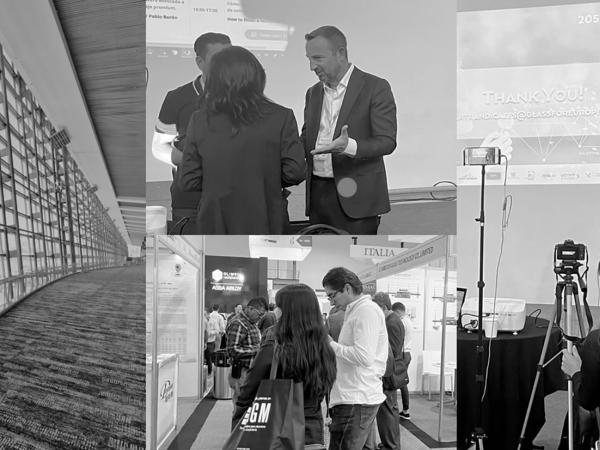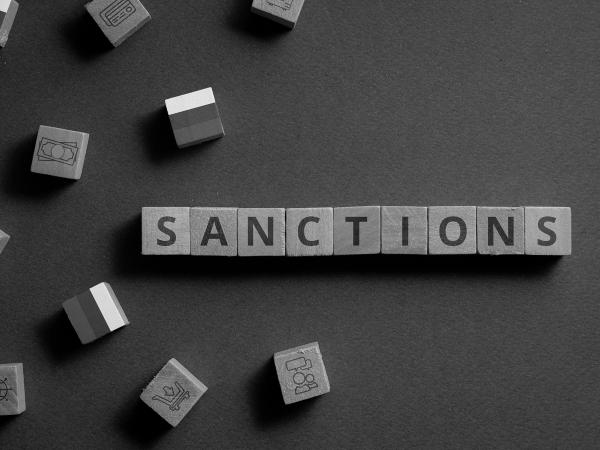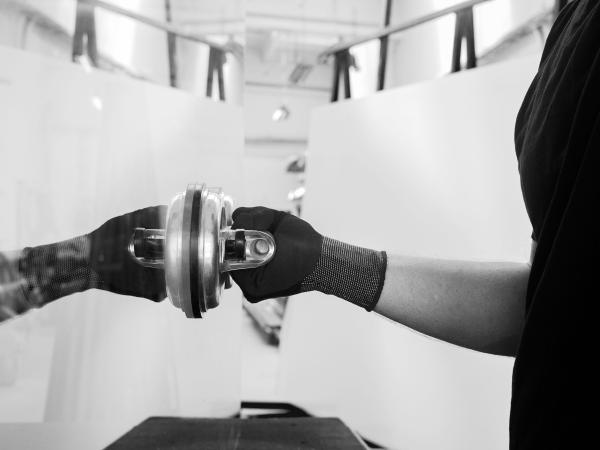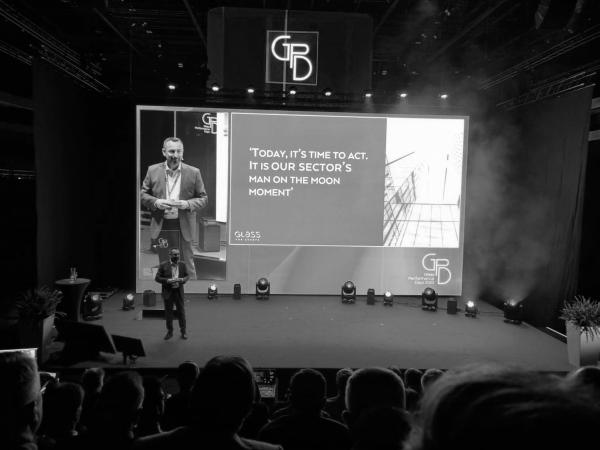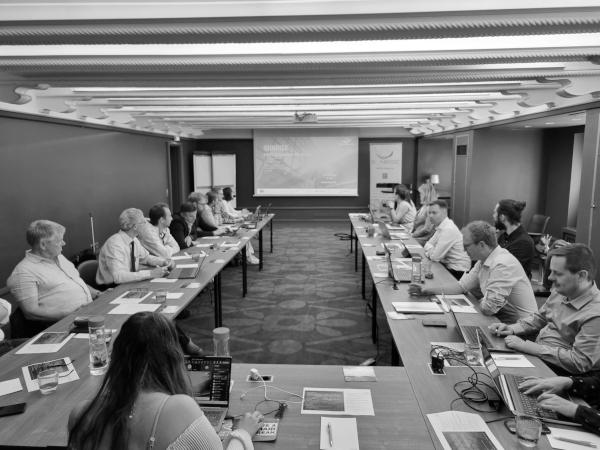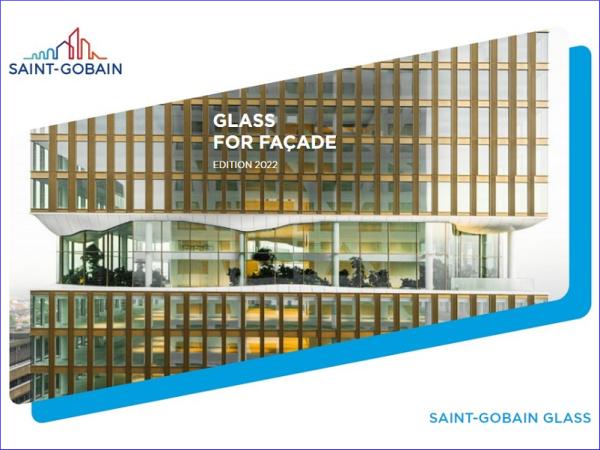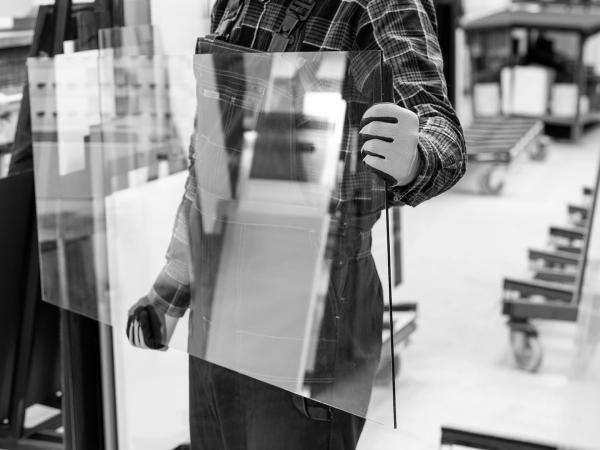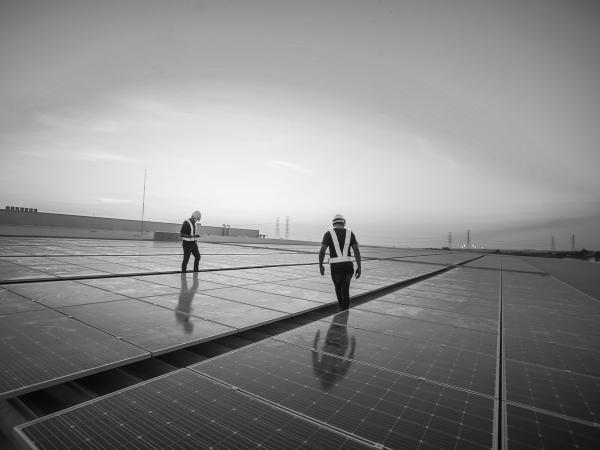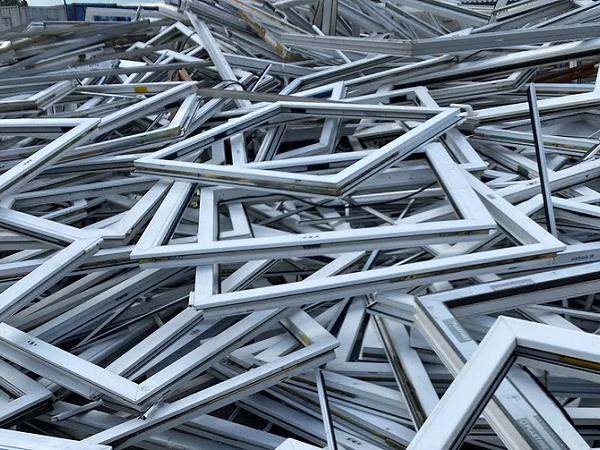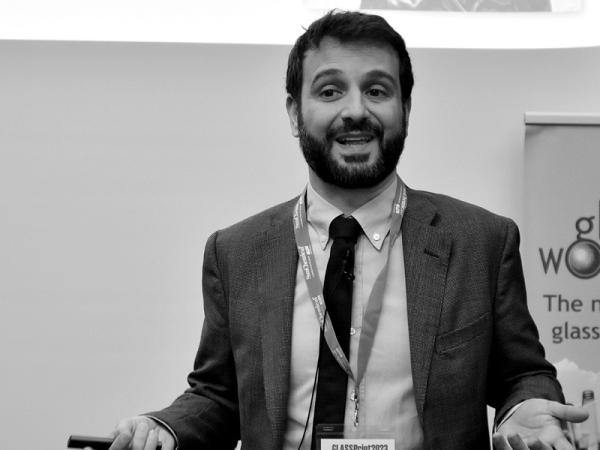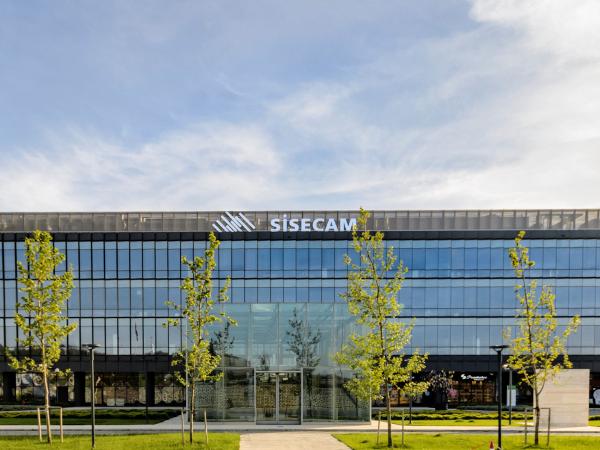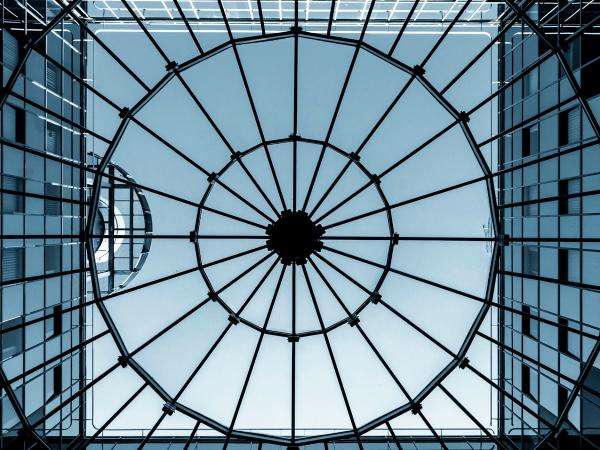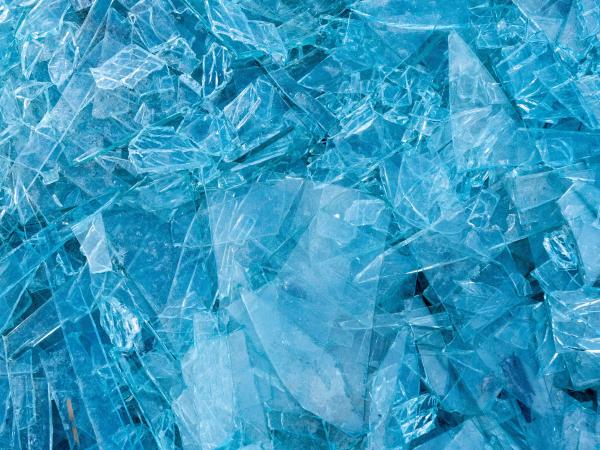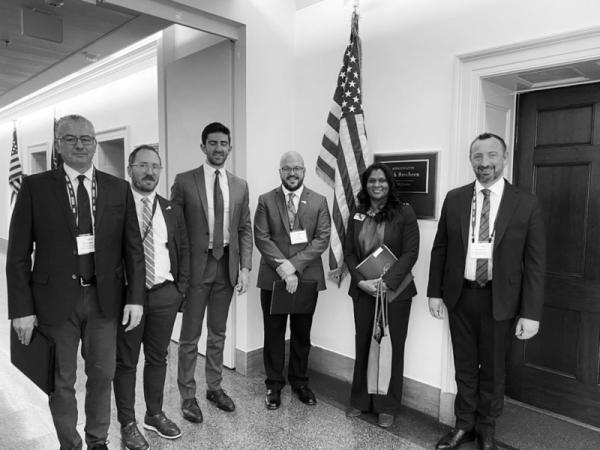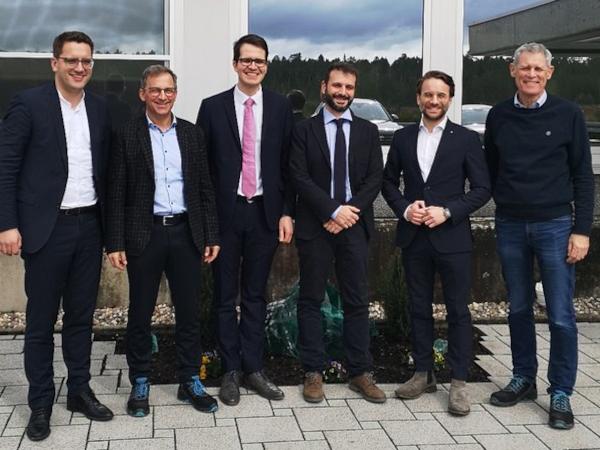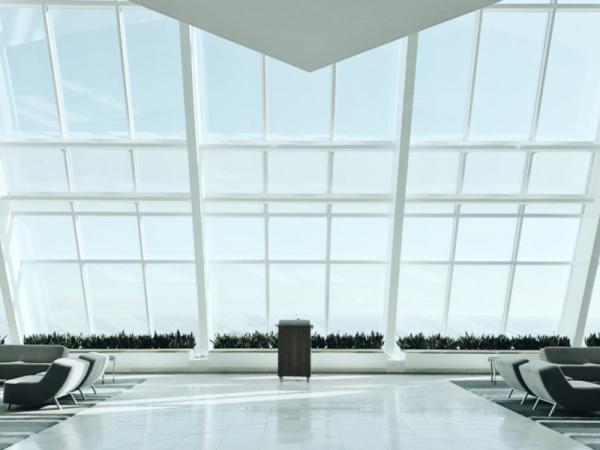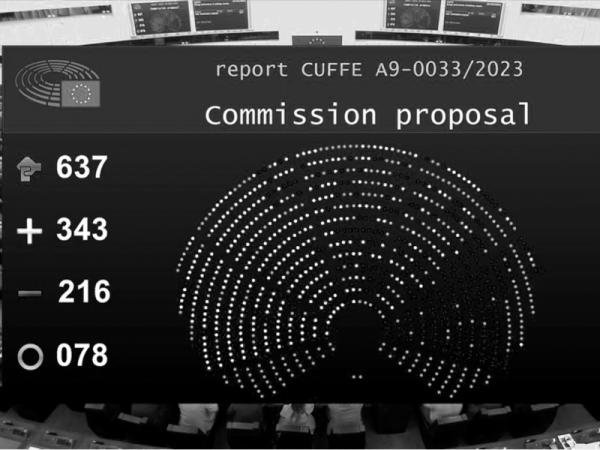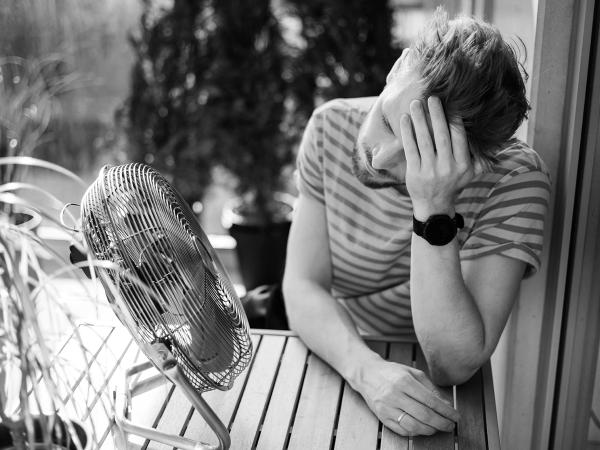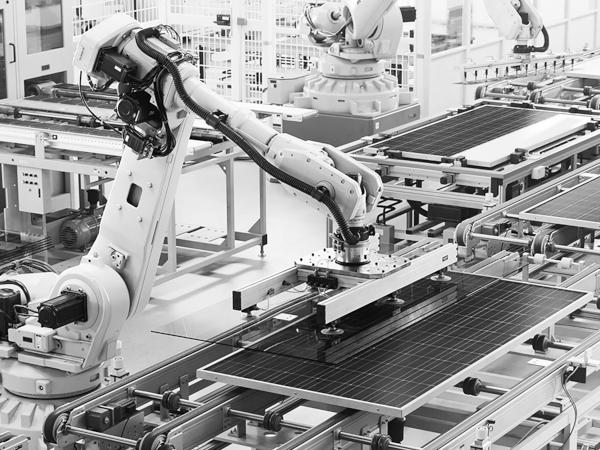Others also read
On the second day of the Glasstech Mexico fair, Bertrand Cazes, Glass for Europe’s Secretary General, gave a speech on “Drivers of added-value glazing in buildings, Europe’s experience and way forward”.
Glass for Europe released today a position paper outlining several enforcement issues of the ban on imports of flat glass coming from Russia.
In the last two days, the European Parliament adopted its first reading position on two essential pieces of legislation that govern the placing on the market of construction products.
Today marks the launch of an informative video campaign signed by Glass for Europe which highlights the positive impact of glazing technologies on summer comfort.
Last week, Glass for Europe was in Tampere, Finland, for the Glass Performance Days, the international forum dedicated to the development of the global glass industry which hosted over 500 participants for its 2023 edition.
Glass for Europe attended the first stakeholder workshop on the SUNRISE project.
Discover Saint-Gobain Glass' new 2022 reference book "GLASS FOR FACADE".
On 22 May, glass and glazing national associations gathered in Brussels for the Annual meeting of the National Partners Group of Glass for Europe.
The flat glass industry is steadfastly dedicated to optimising its contribution to the objectives of the Net-Zero Industry Act and to strengthen the resilience and competitiveness of the EU.
Ecodesign considerations have been embraced for many years and are at the core of the flat glass sector’s present and future development efforts.
European PVC Window System Suppliers welcome the lead (pb) in PVC REACH restriction adopted by the European Commission on the 3rd of May as an important first step.
On April 26, Glass for Europe participated in Glass Print 2023, Europe’s only dedicated event for the decoration of glass which gathers together international glassmakers, decorators, end-users, brand owners and leading suppliers.
Şişecam has exercised its purchase option from the European Bank for Reconstruction and Development (EBRD) for its 10% stake in Şişecam Çevre Sistemleri.
On 18 April, Glass for Europe was in Eindhoven to participate in the Glass Trend’s event “Smart Sustainable Glass Manufacturing”.
Yesterday, the European Parliament adopted the revision of the EU Emissions Trading System Directive (EU ETS) with 413 votes in favour to 167 against (57 abstentions).
Sustainability is one of the major, indispensable issues of our time – in social, ecological and economic terms.
Saint-Gobain Glass has worked with McLaren Construction to deliver closed-loop recycling of window glass at scale.
On March 27 and 28, Glass for Europe was in the US for the Glass & Glazing Advocacy Days organised by NGA – National Glass Association.
On March 24, Glass for Europe introduced MEP Christian Doleschal, rapporteur on the revision of the Construction Product Regulation, to the world of flat glass during a visit to the NSG plant in Weiherhammer.
Automotive glass can contribute to reducing the environmental impact of vehicles.
Energy-efficient buildings products such as high-performance glazing must be considered as ‘strategic net-zero technology’.
The European Parliament adopted its position on the Energy Performance of Buildings Directive (EPBD) with 343 votes in favour, 216 against and 78 abstentions.
Glazing technologies can make EU buildings more resilient to future heat waves, enabling the adaption to climate change while helping to reduce energy needs and CO2 emissions.
Glass for Europe is officially a member of the European Solar PV Industry Alliance, an initiative launched in December 2022 by the European Commission.
On 7 February, more than 40 participants representing national partners and members of Glass for Europe participated in the internal workshop “Lifecycle carbon calculation tool”.

